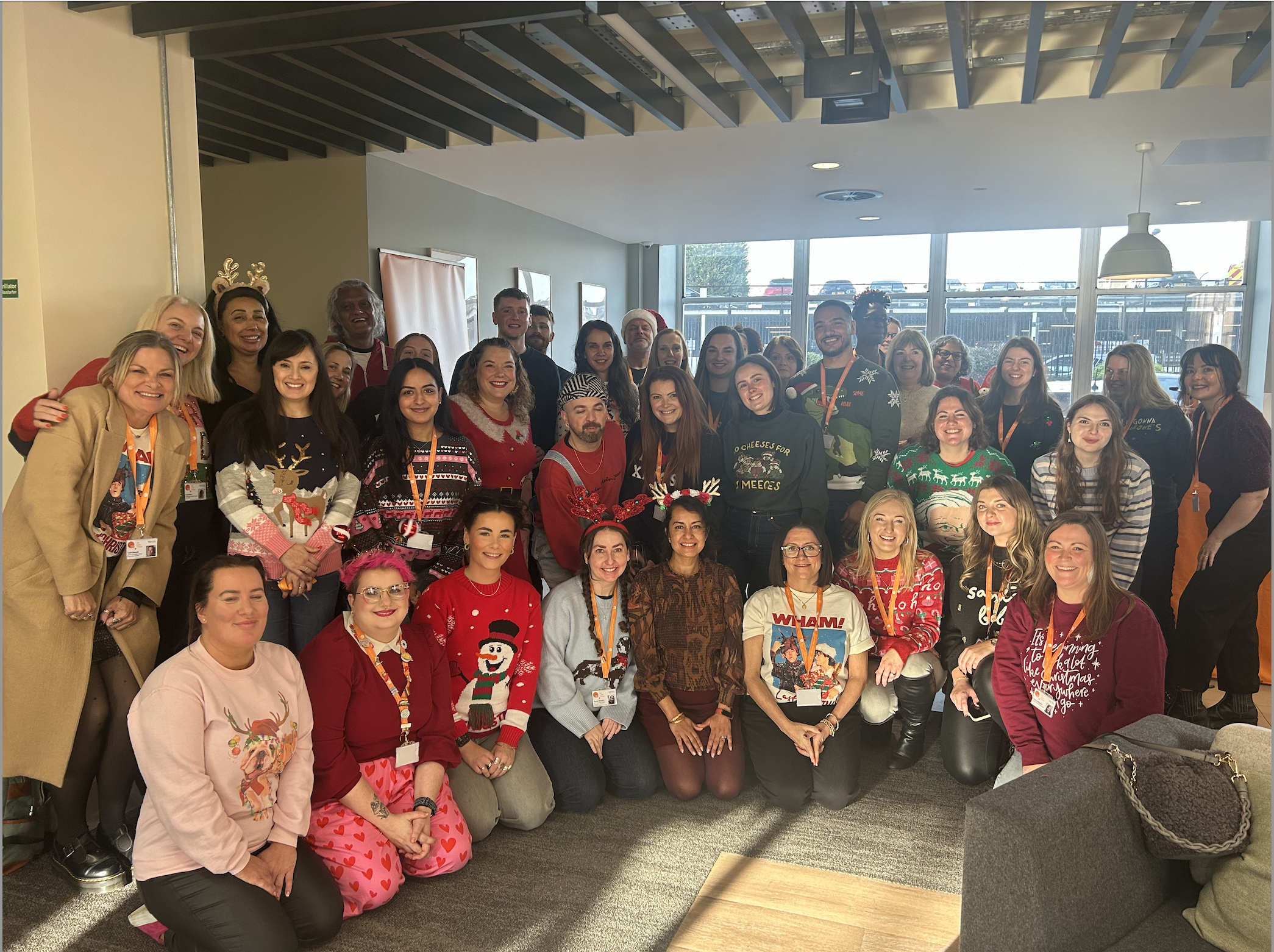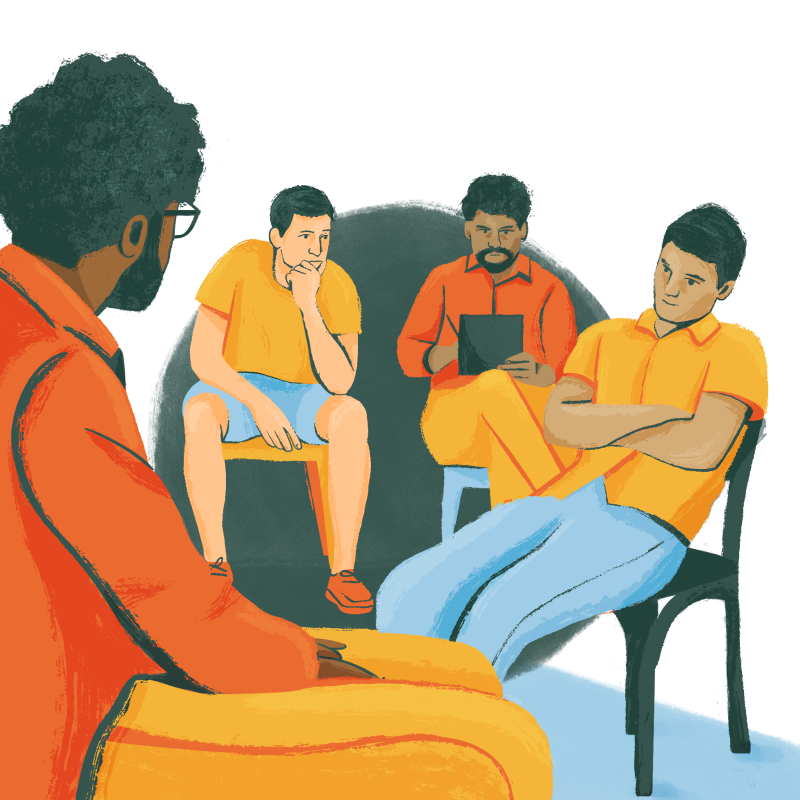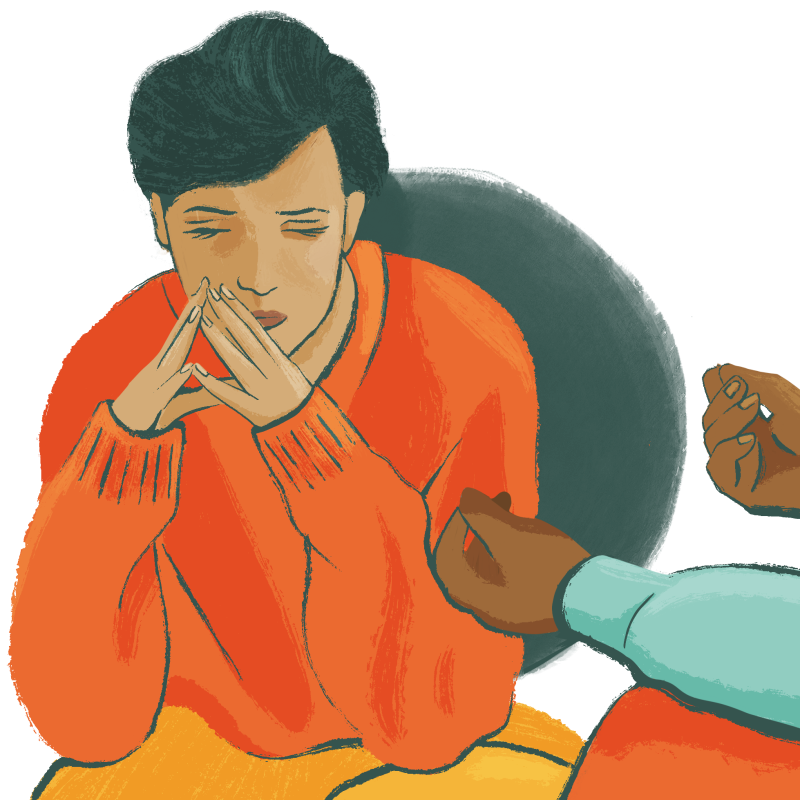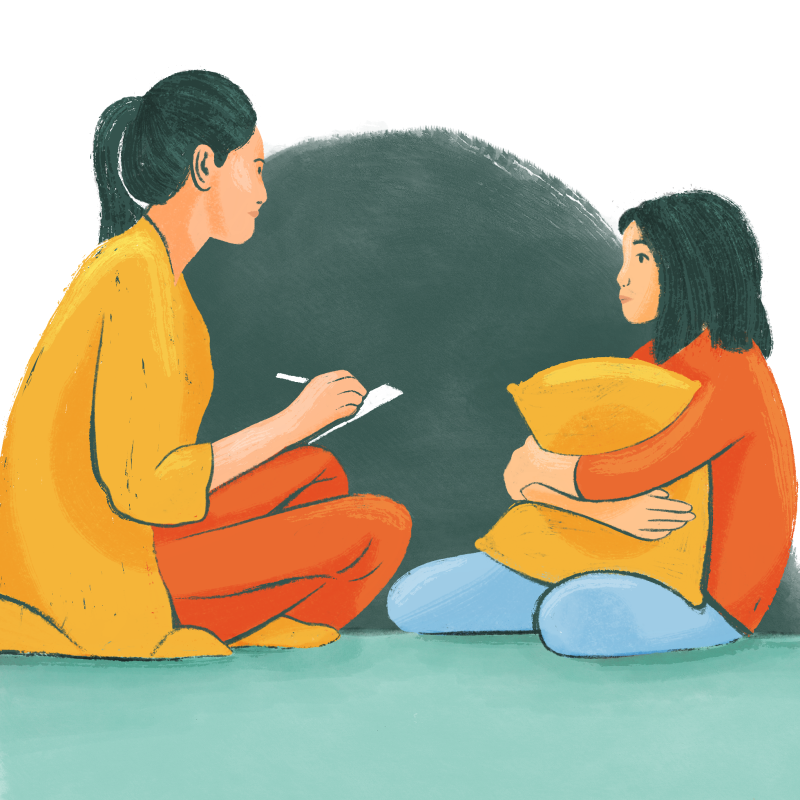
The Samaritans 116 123
For any issues you may be having, they will listen to your concerns. This may be particularly useful for people who are feeling stressed, anxious, depressed or isolated

Stay safe. Happy holidays from TLC.
People come together in confined spaces during holidays, emotions become heightened, and alcohol intake generally increases. Because of these factors, and like many other charities that provide domestic abuse support, we view the holiday period as a time when extra preparation may be necessary to ensure health and safety remains paramount.
Reports of domestic abuse escalate around Christmas especially because:
Our former Domestic Abuse Practitioner, Donna, explains:
“For the men we work with, we emphasise that this is like any other period of the year. They and they alone are responsible for their behaviours, so if alcohol is a factor is loosening inhibitions or has been a factor in arguments then its important they limit the amount they are consuming.
If certain members of their extended family act as triggers then they need to remove themselves or limit the amount of time they are with them. If they are in a situation where an issue may arise then there are other strategies such as self-talk, reality checking and time out that may be appropriate strategies for them to use to avoid conflict.
There are a lot of men on our programme for whom Christmas time is lacking all these factors, because they are separated from their partners and they are not allowed to see their children due to their abusive behaviours. Then Christmas becomes a time when they can feel dejected, isolated or depressed, leading to destructive behaviours towards themselves. Again, we advise that no one should feel that they are on their own and there are plenty of organisations, particularly at this time of year who are there to help.”
Our former Integrated Support Worker, Emma, who has been working with female survivors for over 10 years echoed Donna’s comments and added in that, from the perspective of the person receiving the abuse, Christmas is difficult due enhanced pressures women in particular feel:
“One key thing I have addressed with the survivors I have been working with who are experiencing domestic abuse is that Christmas does not have to be perfect. It is just one day. More so with women, they feel a huge pressure to ensure everyone is having a good time. They take on the responsibility of “making everything perfect” and feel that if in any way something doesn’t go according to plan, it’s their fault. This is absolutely not the case.
People are responsible just for themselves and their children, but that’s it. The adults who are in your home or you share space with at Christmas are adults, they are responsible for their own enjoyment and actions.”
We also know that unhealthy or unhappy behaviours in relationships can peak around Christmas time, whether abuse is involved or not.
We see a very large increase in calls and enquiries for our services in January compared to the rest of the year.
We encourage everyone to do what they can to stay safe, healthy and happy over Christmas. Though we do not open over Christmas, there is support still available:
Please do take time to reflect on your relationships, your behaviour, or how you are feeling over the holiday period. If you want to access any of our services, we’ll be here for you again in January — don’t hesitate to get in touch.
If you need support while we are closed, please see below a list of phone numbers and website you can use during the Christmas period:

For any issues you may be having, they will listen to your concerns. This may be particularly useful for people who are feeling stressed, anxious, depressed or isolated

A supportive helpline for men, who may be concerned about their behaviour and would like to make some steps to understand and change it

A support line for women experiencing domestic abuse, open 24 hours, run by Women’s Aid and Refuge. They will support, help and provide information

Supporting men to address unhealthy behaviours in intimate partner relationships.

Supporting women to address unhealthy behaviours in intimate partner relationships.

Supporting young people to reduce unhealthy behaviours in their relationships.